Trump’s penalty tariffs on India for Russian oil: Gone or going?
A hint that Trump may harbor second thoughts about the additional tariffs came by way of his refusal to impose tariffs on China for buying Russian oil
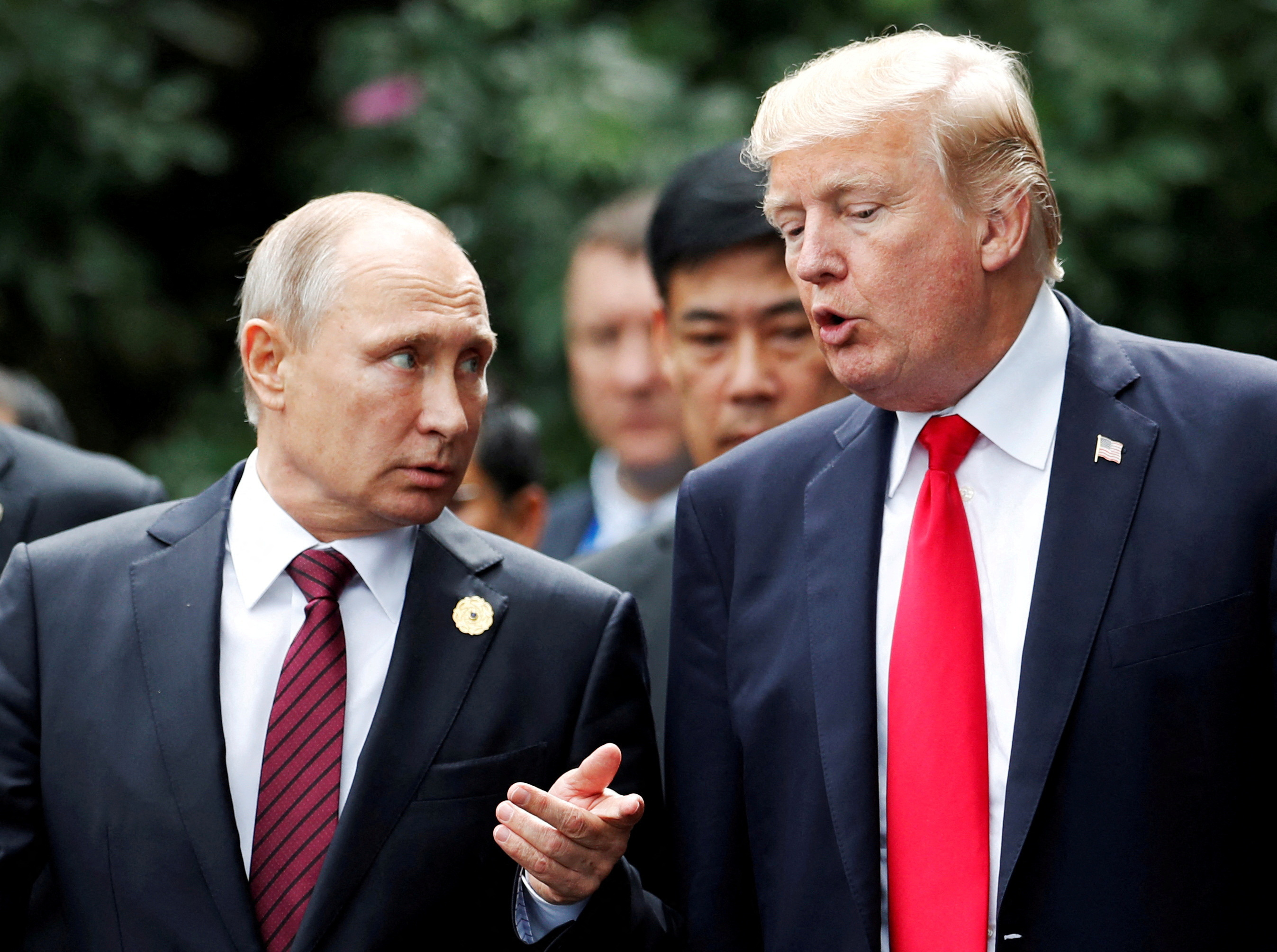 U.S. President Donald Trump and Russia's President Vladimir Putin talk during the family photo session at the APEC Summit in Danang, Vietnam November 11, 2017. / REUTERS/Jorge Silva/File Photo
U.S. President Donald Trump and Russia's President Vladimir Putin talk during the family photo session at the APEC Summit in Danang, Vietnam November 11, 2017. / REUTERS/Jorge Silva/File Photo
The Donald Trump-Vladimir Putin summit at Anchorage does not end India’s suspense over whether American penalty tariffs, of an additional 25 percent over a similar percentage of general tariffs, on India’s oil imports from Russia will continue.
The US President was ambivalent on the matter, though even that is seen as an improvement over his previous remarks that importing Russian oil helps Russia finance its war with Ukraine and the US would not tolerate it.
On his way to his meeting with the Russian President on Aug. 15, Trump was quoted by an American news channel as saying: “Russia lost a major client for their oil, which was India. India was doing 40 percent of the oil trade. If I did secondary sanctions now, that would be devastating for them. If I have to do it, I'll do it. Maybe I won't have to do it.”
He stopped short of announcing if the penalty tariff of 25 percent against India would continue or lifted. He only appeared to mean that his tariffs forced India to stop buying Russian oil. However, there is no formal indication as yet either from the Indian government or the Indian oil refiners that such a thing has come to pass.
ALSO READ: US cancels India trade talks scheduled for August, report says
A hint that Trump may harbor second thoughts about the additional tariffs came by way of his refusal to impose tariffs on China for buying Russian oil – he placed tariffs on India for the same reason. He said after the meeting with Putin: “I don’t have to think about that right now. I may have to think about it in 2-3 weeks. But the meeting with Putin went well.”
A chain of comments preceded Trump’s latest talk on Indian secondary tariffs.
US Treasury Secretary Scott Bessent kicked off the row warning that if the Trump-Putin summit did not go the way Trump wanted it to, India was in for some more penalty tariffs. He told Bloomberg: “Sanctions can go up, they can be loosened. They can have a definitive life. They can go on indefinitely.”
He said more or less the same thing but in a stronger tone later: “We have put tariffs on India for buying Russian oil. If things with Putin don't go well, I could see tariffs going up. The Europeans also need to join us in these sanctions.”
This gave rise to speculation whether the penalty tariffs on India were also a signal to Putin of what America could do if the summit failed to yield a positive result.
The Democratic Party in the U.S. flayed Bessent’s remarks, saying, "Tariffing India won't stop Putin."
Even former U.S. Secretary of State Condoleeza Rice came out with a statement, saying, “Personally, I was sorry to see the Trump administration put secondary sanctions on India for buying Russian oil. The India-US relationship is important on its own terms.”
However, as if on cue, Trump was quoted as saying on Aug. 15, before the summit, “I told India we’re going to charge you for buying Russian oil. That took them out of buying Russian oil. When you lose your second biggest customer, that has an impact.” He seemed to suggest the tariffs really forced Putin to come to the talking table on ending the Ukraine war.
India is on record saying that the additional tariffs are “unjustified and unreasonable”. Its Ministry of External Affairs welcomed the Anchorage summit on Aug. 16 and welcomed the outcome, but said it will “take all necessary measures to safeguard national interests and economic security”.
ADVERTISEMENT
ADVERTISEMENT
E Paper
Video




1759953093.png) Staff Reporter
Staff Reporter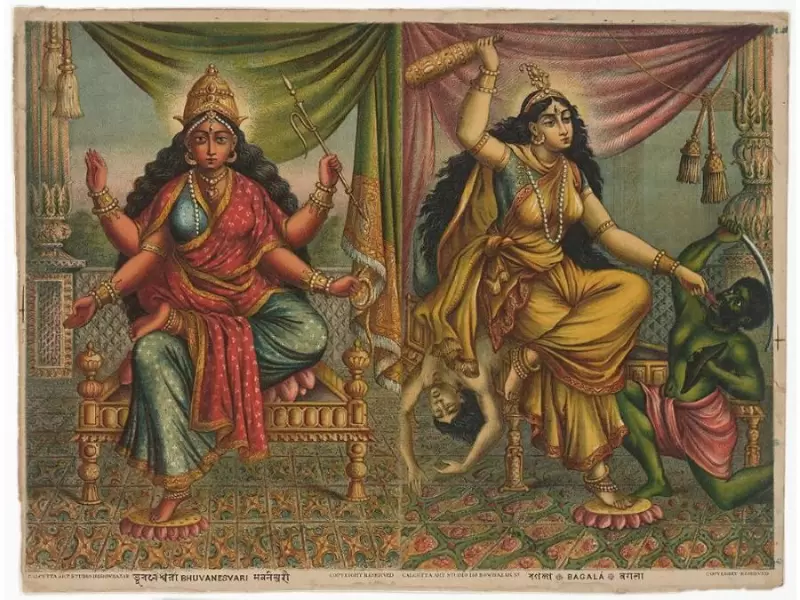
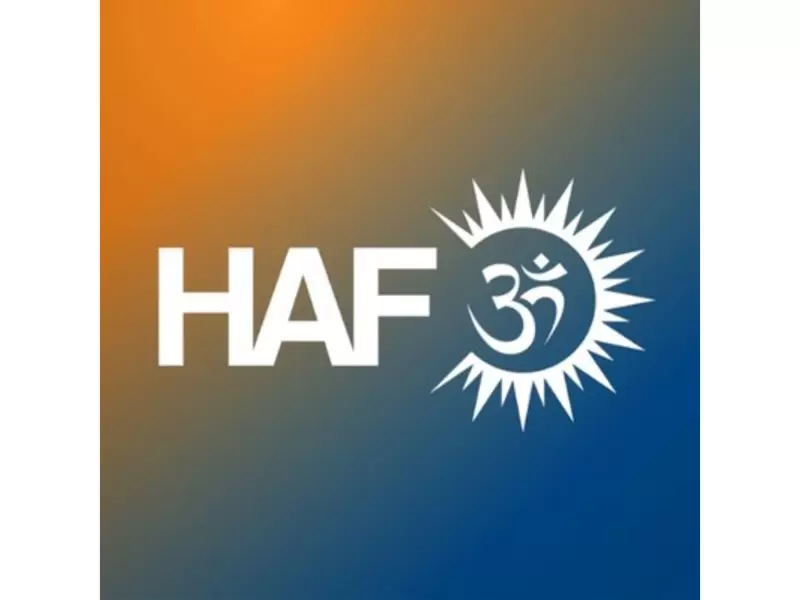


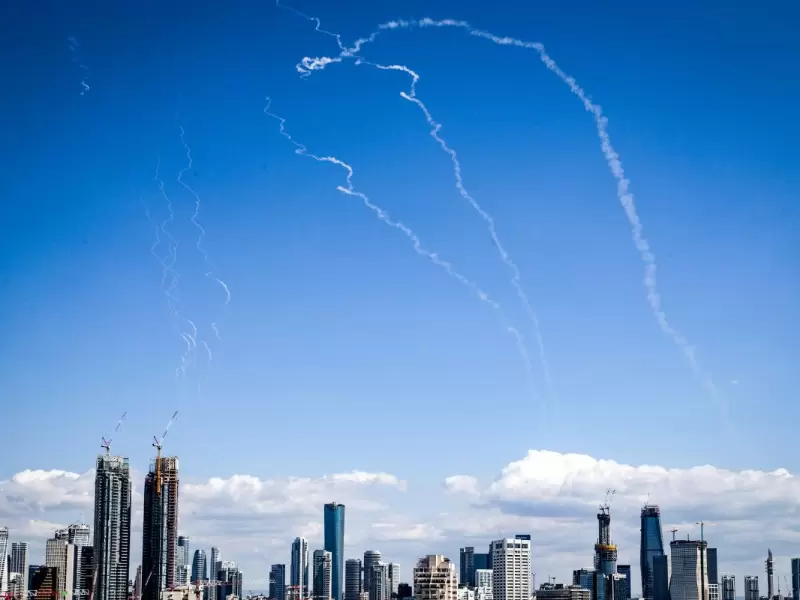

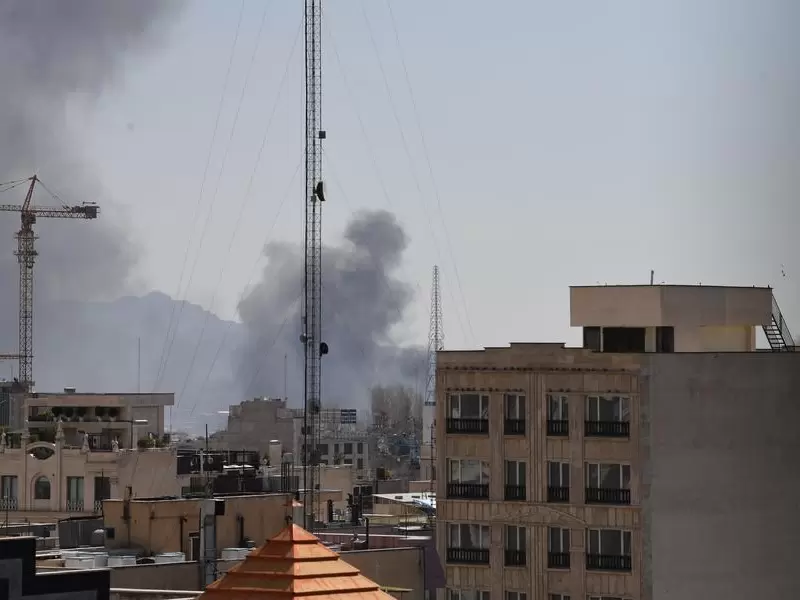
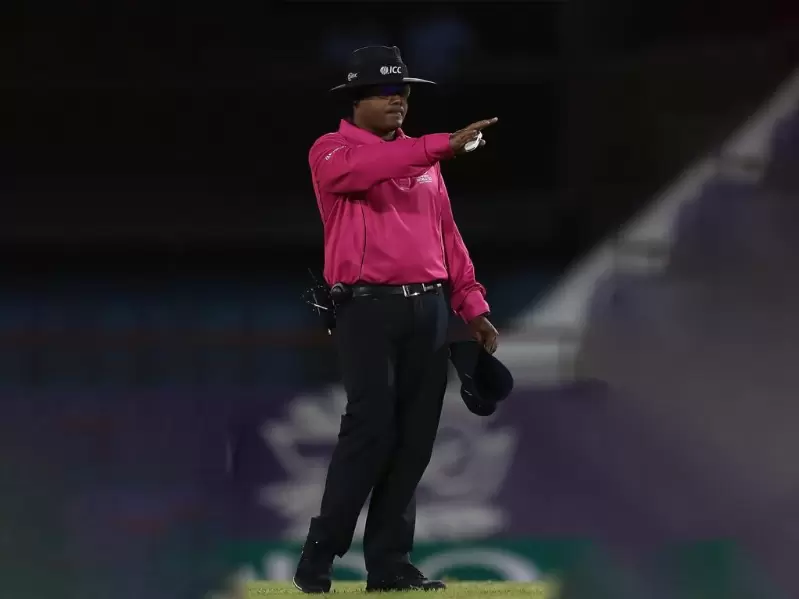
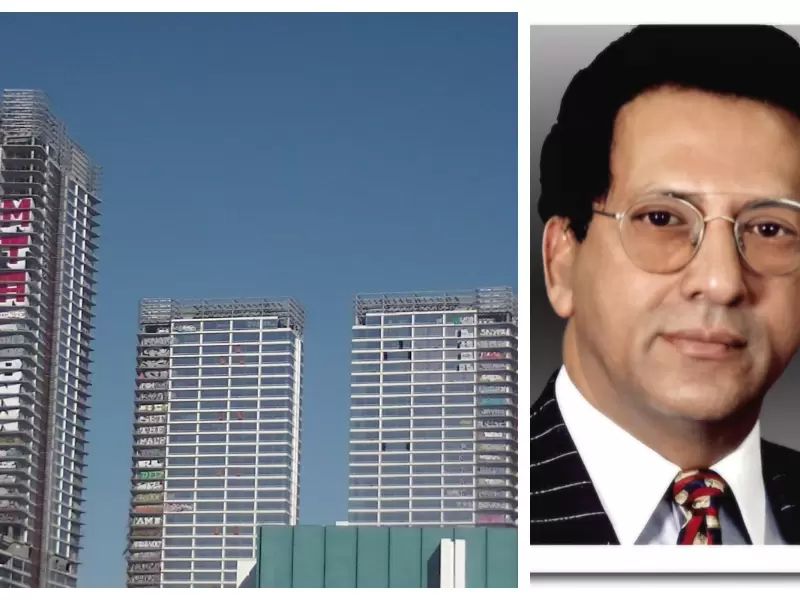
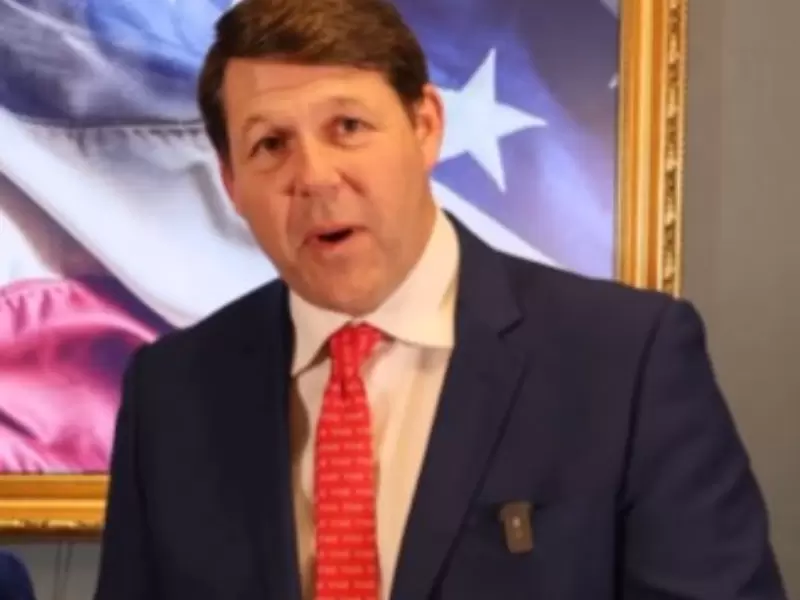

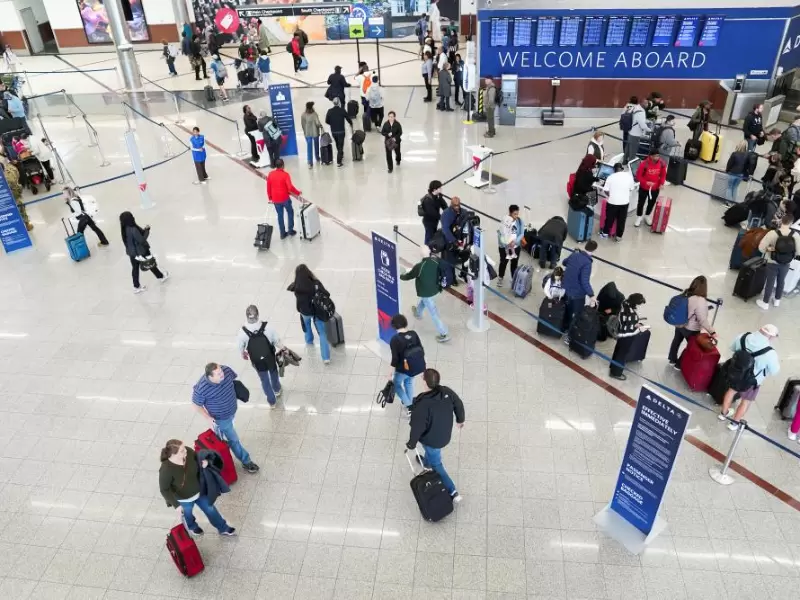


Comments
Start the conversation
Become a member of New India Abroad to start commenting.
Sign Up Now
Already have an account? Login